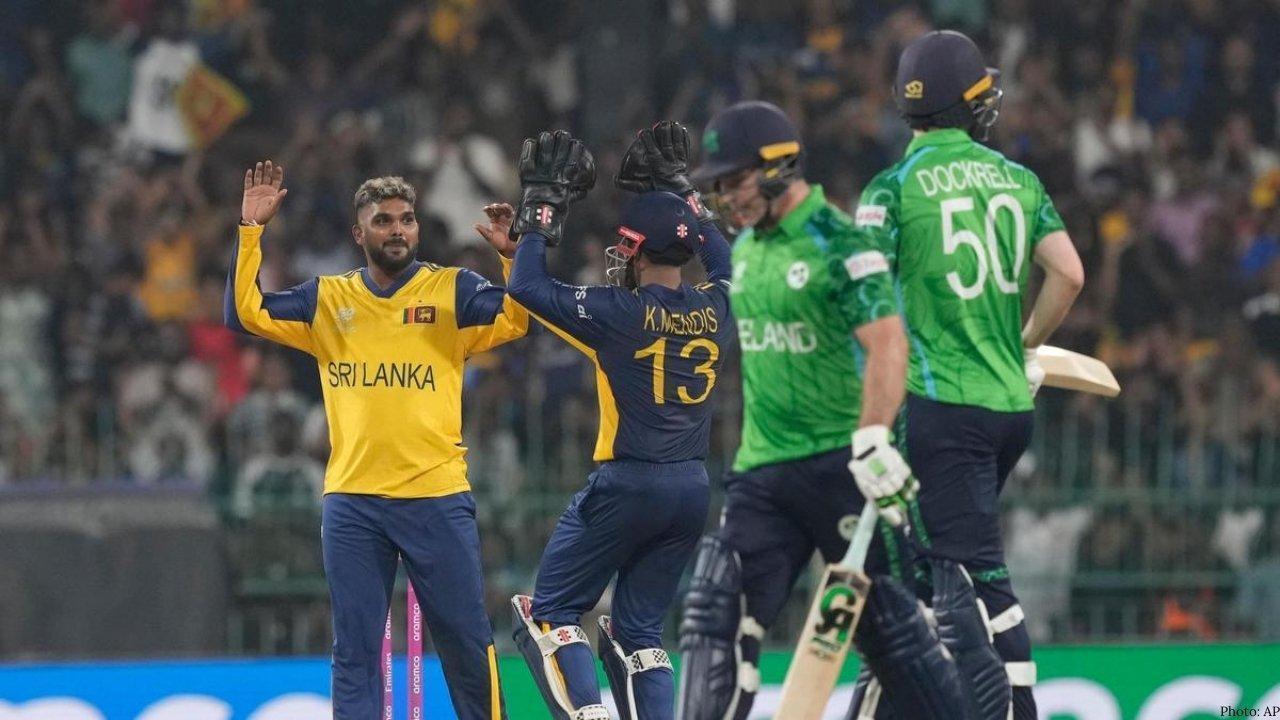You have not yet added any article to your bookmarks!

Join 10k+ people to get notified about new posts, news and tips.
Do not worry we don't spam!

Post by : Laxmi Verma
In a world shaped by migration, displacement, and cultural exchange, literature offers a powerful lens through which we can examine identity. Among the most compelling works of fiction are diaspora novels—stories that explore what it means to belong, to be in between, and to carry pieces of multiple worlds within oneself. Understanding identity through diaspora novels opens up a rich conversation about selfhood, memory, cultural heritage, and the experience of navigating life across borders.
Diaspora novels are literary works written by or about individuals who live outside their ancestral homelands, often as immigrants or descendants of migrants. These stories frequently explore themes of dislocation, cultural conflict, hybrid identities, racism, language loss, and the struggle to maintain or redefine traditions.
Authors like Jhumpa Lahiri, Chimamanda Ngozi Adichie, Monica Ali, Amy Tan, and Mohsin Hamid are just a few whose works vividly portray the complexities of identity within the context of diaspora.
At the heart of most diaspora novels lies a deep exploration of identity. The characters are often caught between two or more cultures, trying to reconcile their inherited values with the realities of their new environments. This internal conflict becomes a narrative thread that connects personal experience to broader social and political issues.
Understanding identity through diaspora novels means recognizing how characters:
These literary experiences humanize global migration by showing its emotional and psychological impact on individuals and families.
Here are some recurring themes that help shape how identity is presented in diaspora fiction:
Characters often live in two worlds at once, forming a hybrid identity that combines elements from both. For example, in The Namesake by Jhumpa Lahiri, the protagonist struggles with his Indian heritage and American upbringing, leading to moments of confusion, shame, and eventual acceptance.
Feelings of being “out of place” are central to diaspora literature. In Americanah by Chimamanda Ngozi Adichie, the protagonist Ifemelu confronts race and identity in America, experiencing both success and alienation.
Language plays a powerful role in identity formation. Diaspora novels often reflect the tension between mother tongues and adopted languages, exploring what is lost or gained in translation.
Diaspora narratives frequently explore the tension between first-generation immigrants and their children. In The Joy Luck Club by Amy Tan, the cultural misunderstandings between mothers and daughters highlight the difficulty of bridging generational identity gaps.
Longing for a distant homeland and the idealized memories of "home" are common. This nostalgia influences how characters see themselves in the present, often shaping their values, dreams, and conflicts.
The power of understanding identity through diaspora novels lies in how these fictional stories reflect real, lived experiences. Millions of people across the globe deal with questions like:
Diaspora novels give voice to these questions and offer readers—whether they share the experience or not—a way to connect, empathize, and reflect on identity from a global perspective.
Diaspora writers serve as cultural interpreters. They challenge stereotypes, resist erasure, and claim space in literary canons that have historically overlooked marginalized voices. Through fiction, they show that identity is not fixed but fluid, often shaped by movement, history, and resistance.
Authors like NoViolet Bulawayo (We Need New Names) and Min Jin Lee (Pachinko) use their narratives to question dominant ideas of nationality, home, and self, making their work especially powerful in today’s increasingly connected (and divided) world.
In a time of global migration crises, cultural polarization, and rising nationalism, diaspora novels are more relevant than ever. They remind us that behind every headline about migration or integration is a deeply personal story of identity and struggle. These stories not only promote empathy but also encourage a more inclusive understanding of what it means to be human.
This article is intended for informational and educational purposes only. The interpretations and examples provided reflect general themes in diaspora literature and may vary depending on individual novels or scholarly perspectives. Readers are encouraged to explore further academic sources and literary criticism for a deeper understanding.










Dalal Street Spotlight: Top 10 Stocks Investors Are Watching as Markets Open on a High
Indian stock markets begin the week with strong momentum, and several blue-chip and mid-cap stocks a

Market Movers Today: Key Stocks Set To Watch In Indian Markets
Indian equity markets are poised for active trading as several major companies, including Bharti Air

Milan Welcomes the World: Inside the Grand Opening Ceremony of the 2026 Winter Olympics
The 2026 Winter Olympics opening ceremony in Milan marked a defining moment for global sport, blendi

Unfolding Market Drama: Sensex & Nifty Trade Volatility Amid Budget Fallout and India-US Trade Breakthrough
Indian equity markets exhibited high volatility this week as the 2026 Union Budget triggered sharp s

Dhurandhar 2 Teaser Countdown Ignites Fan Frenzy: All You Need to Know
The highly anticipated sequel to the blockbuster Dhurandhar is building intense excitement as the Dh

Vietnam Overtakes Thailand as Top Choice for Chinese Tourists
Vietnam has quietly surpassed Thailand as the favorite destination for Chinese tourists in 2025.